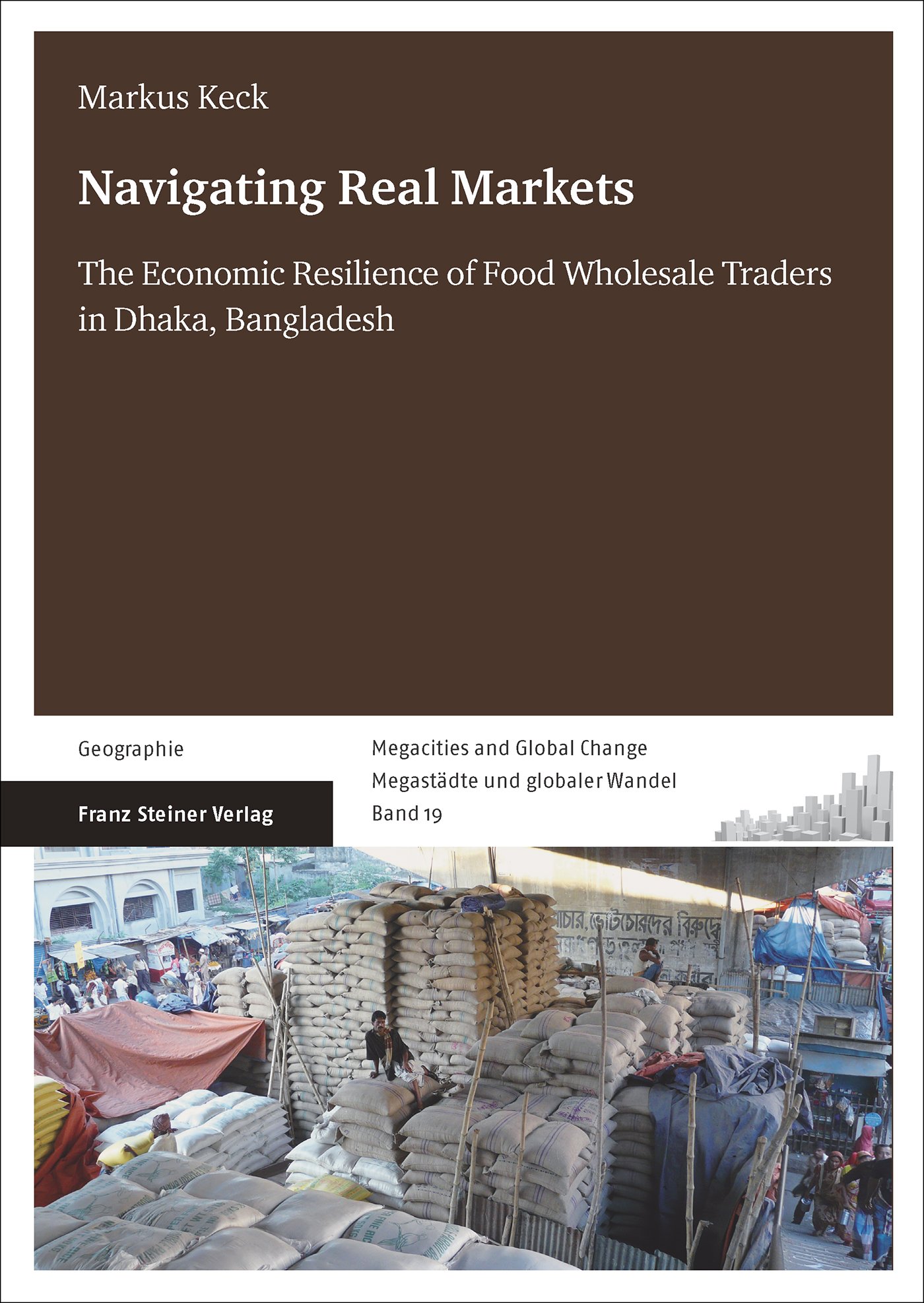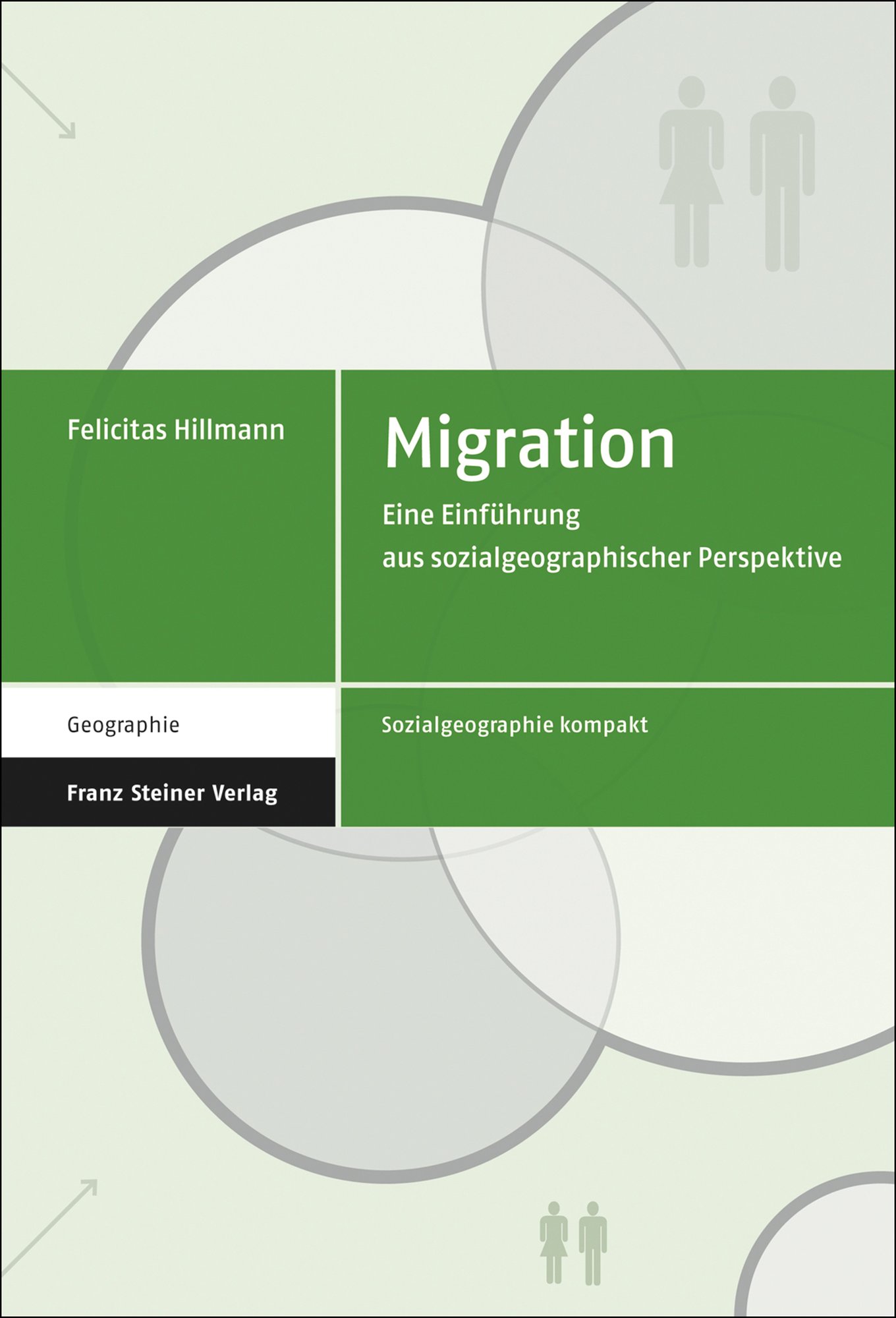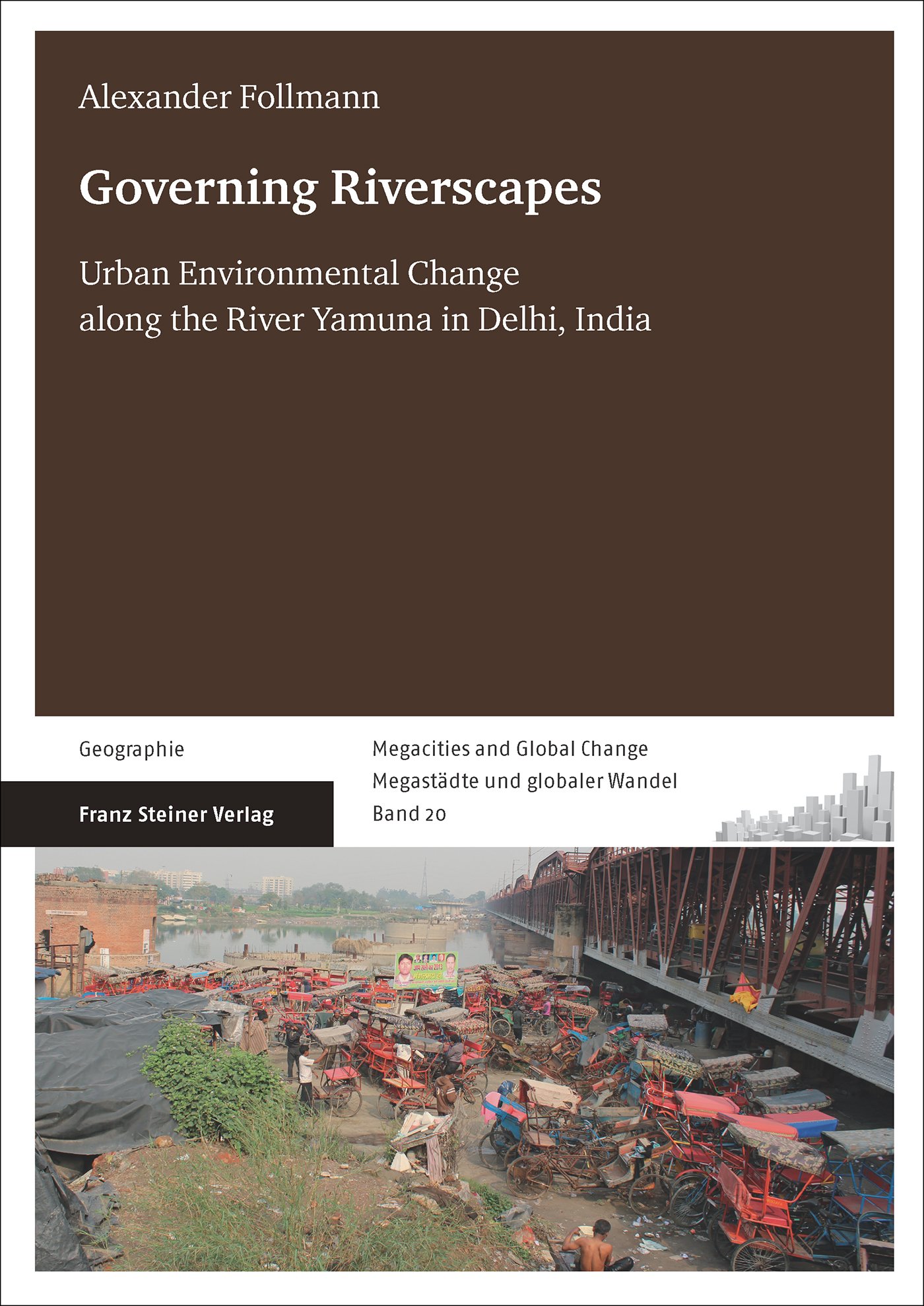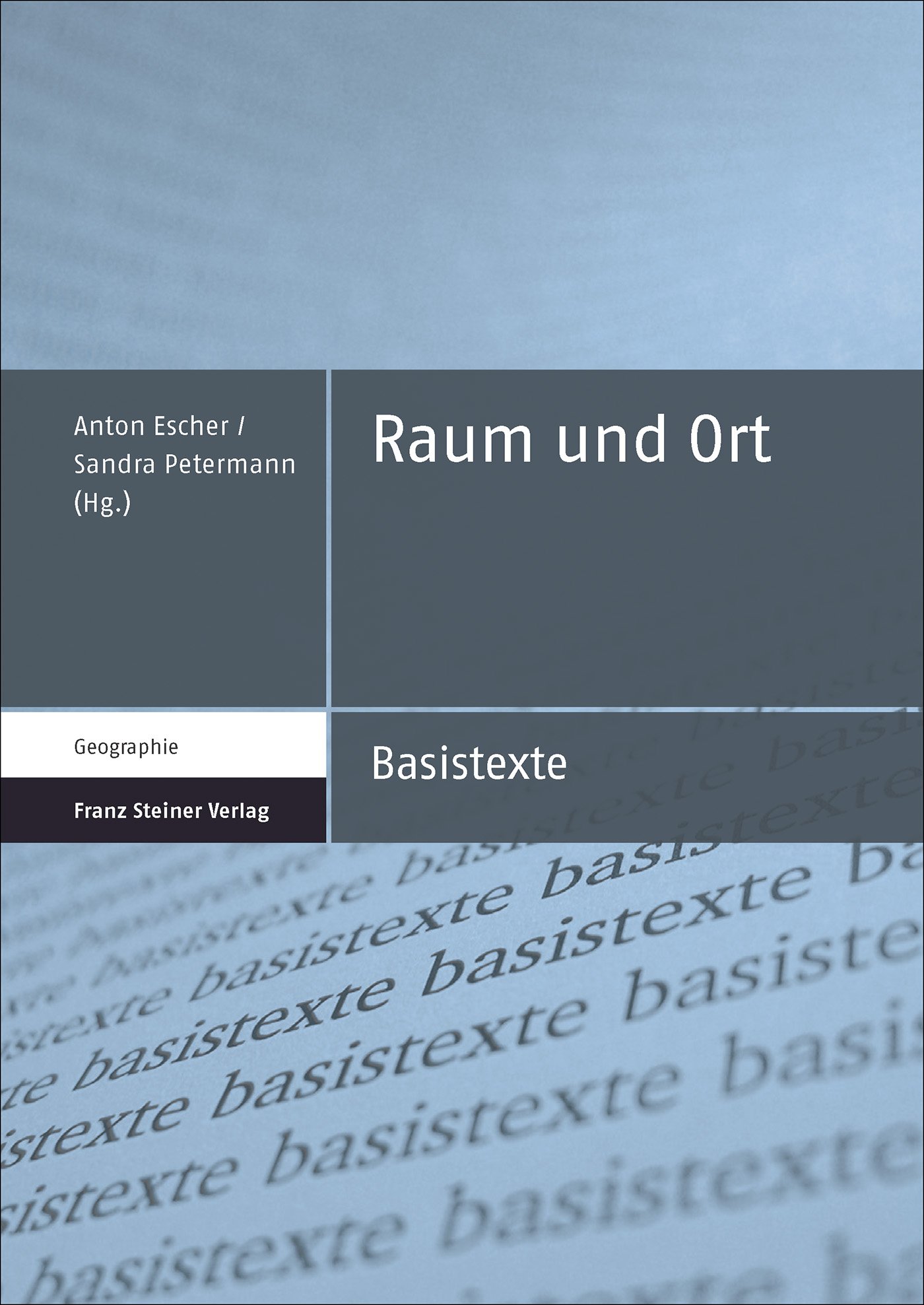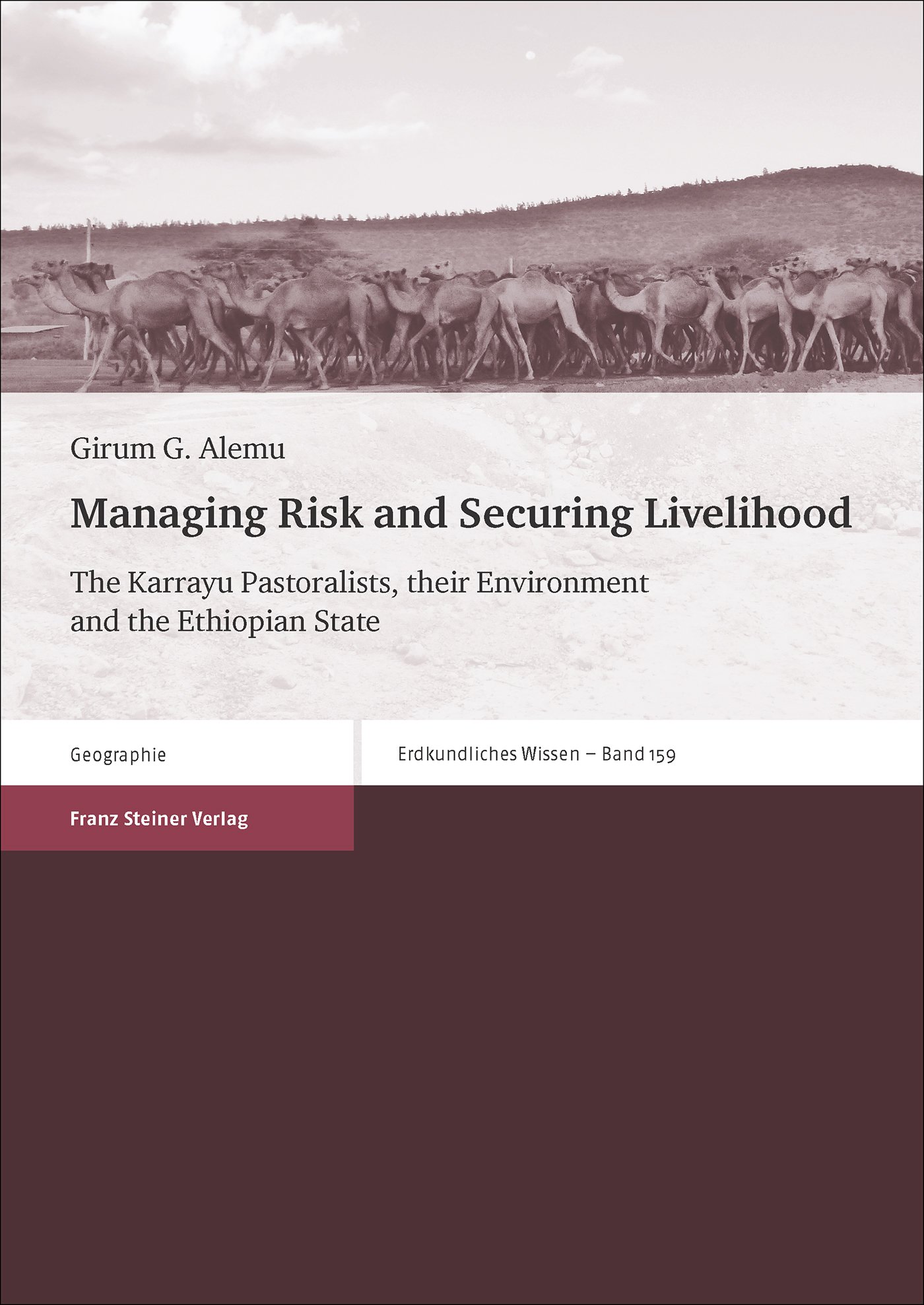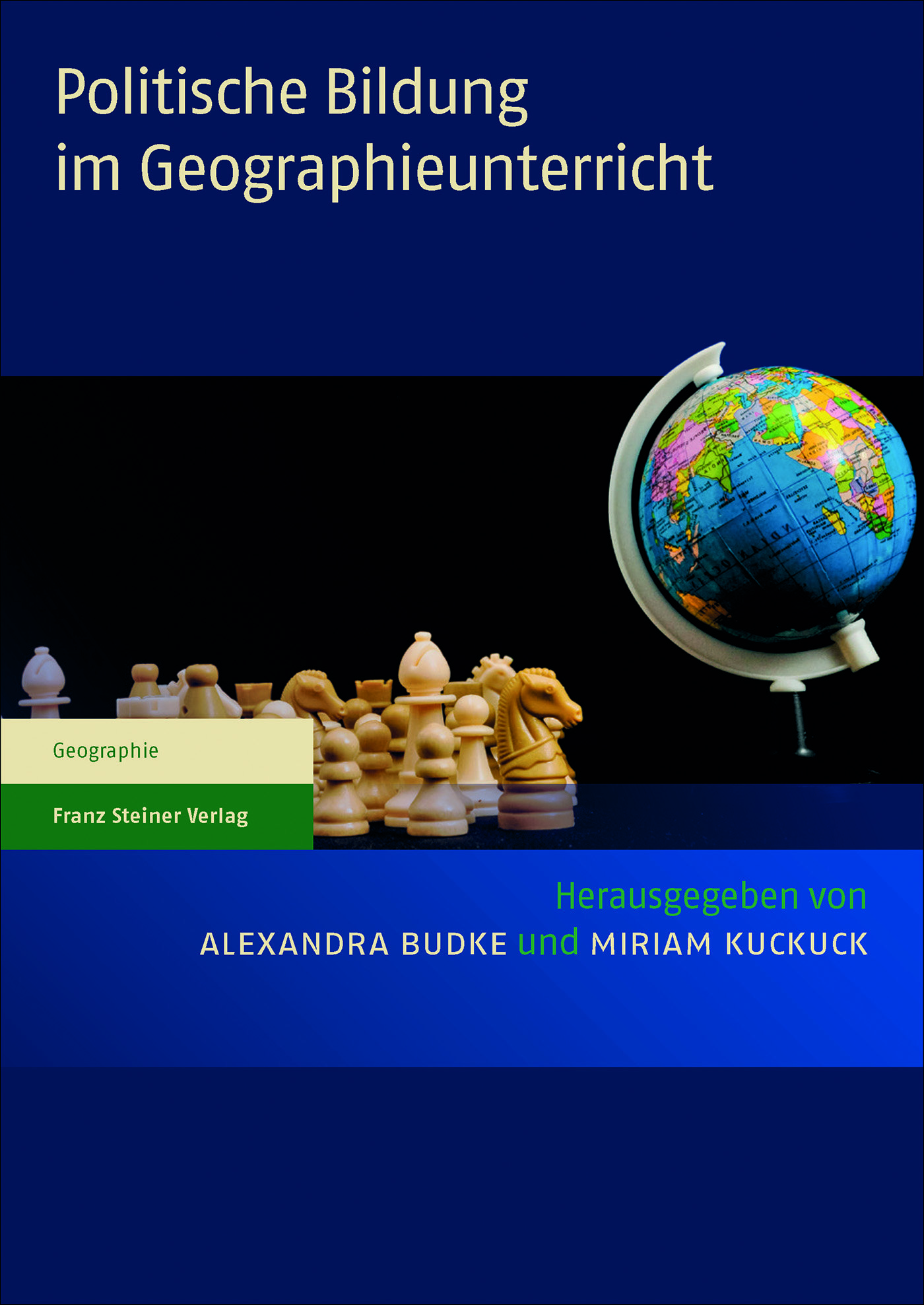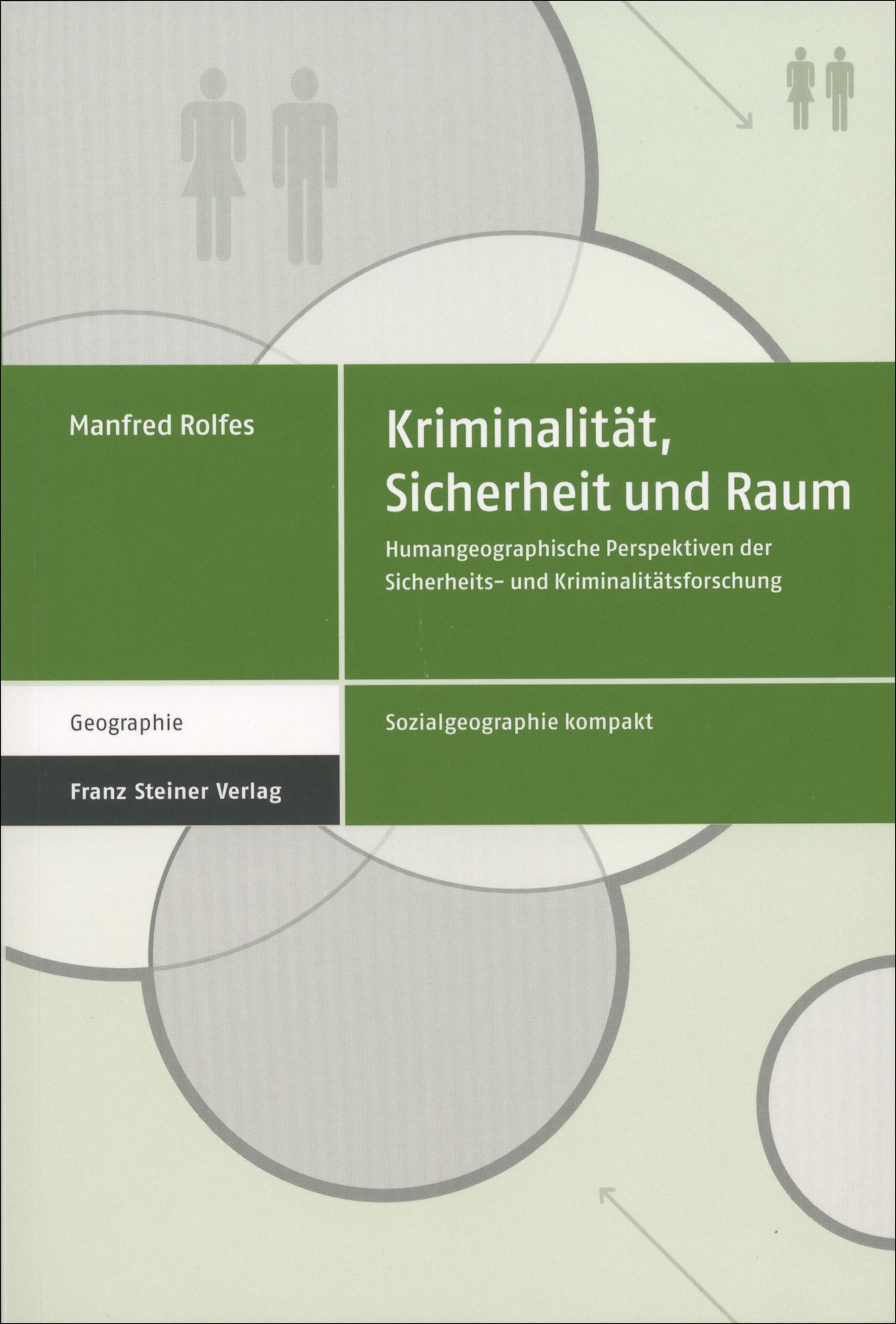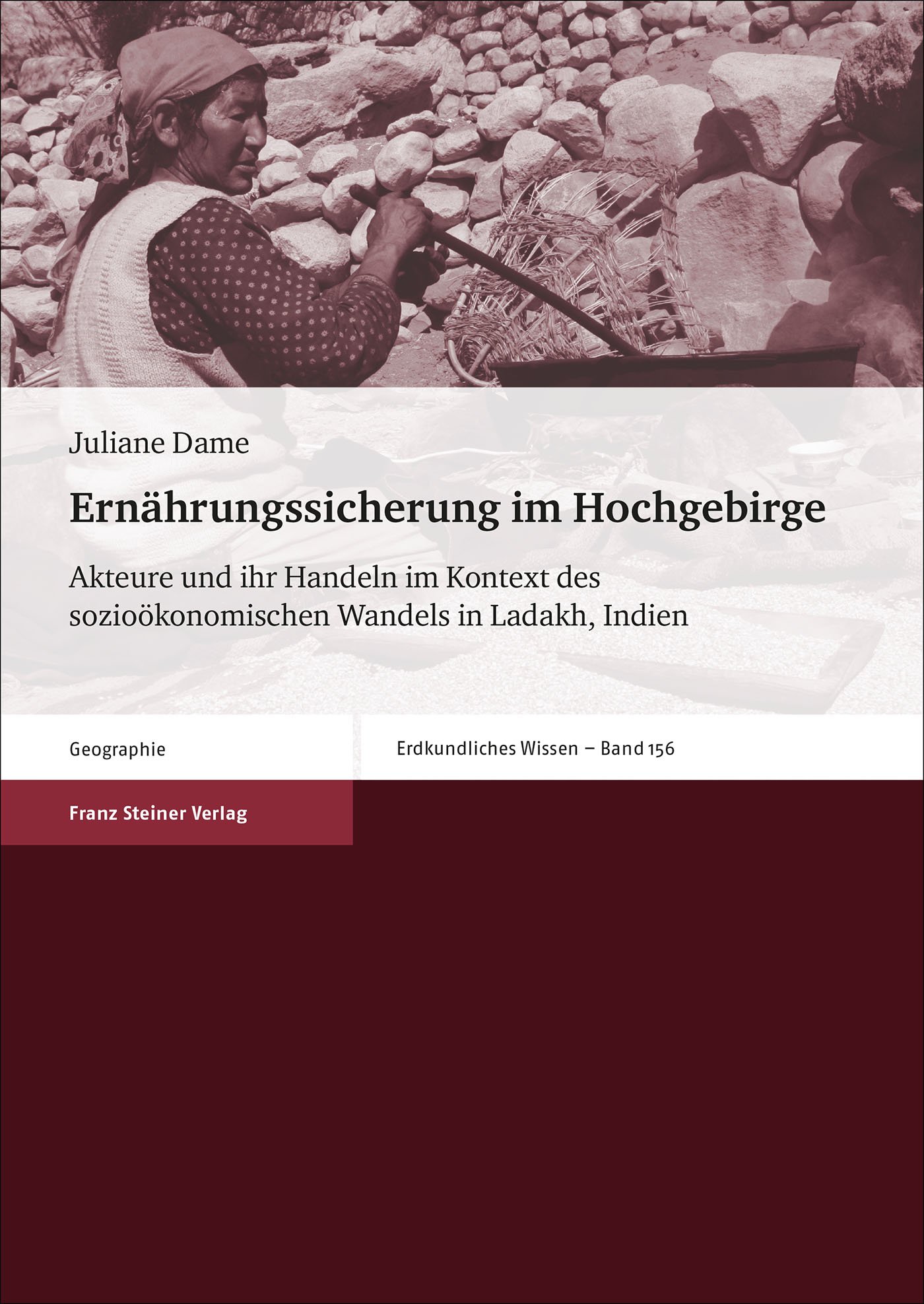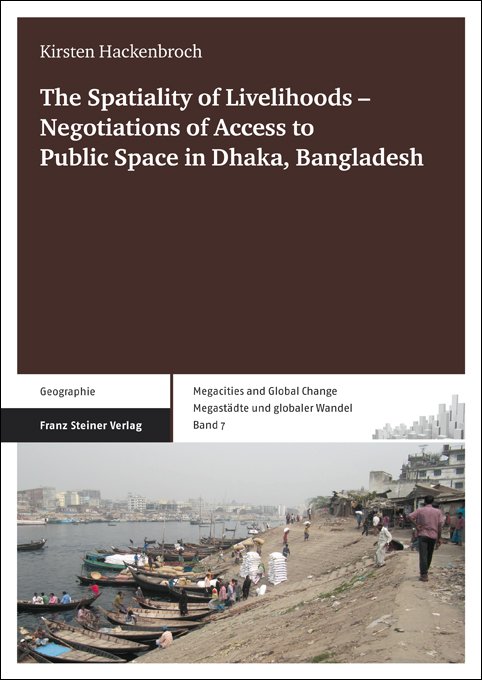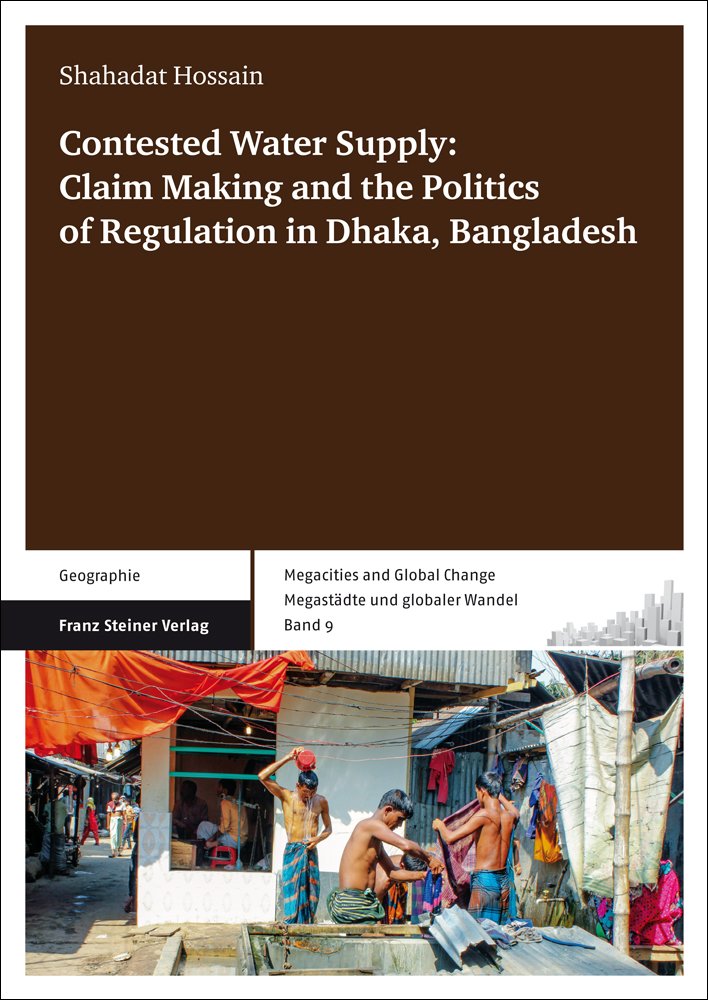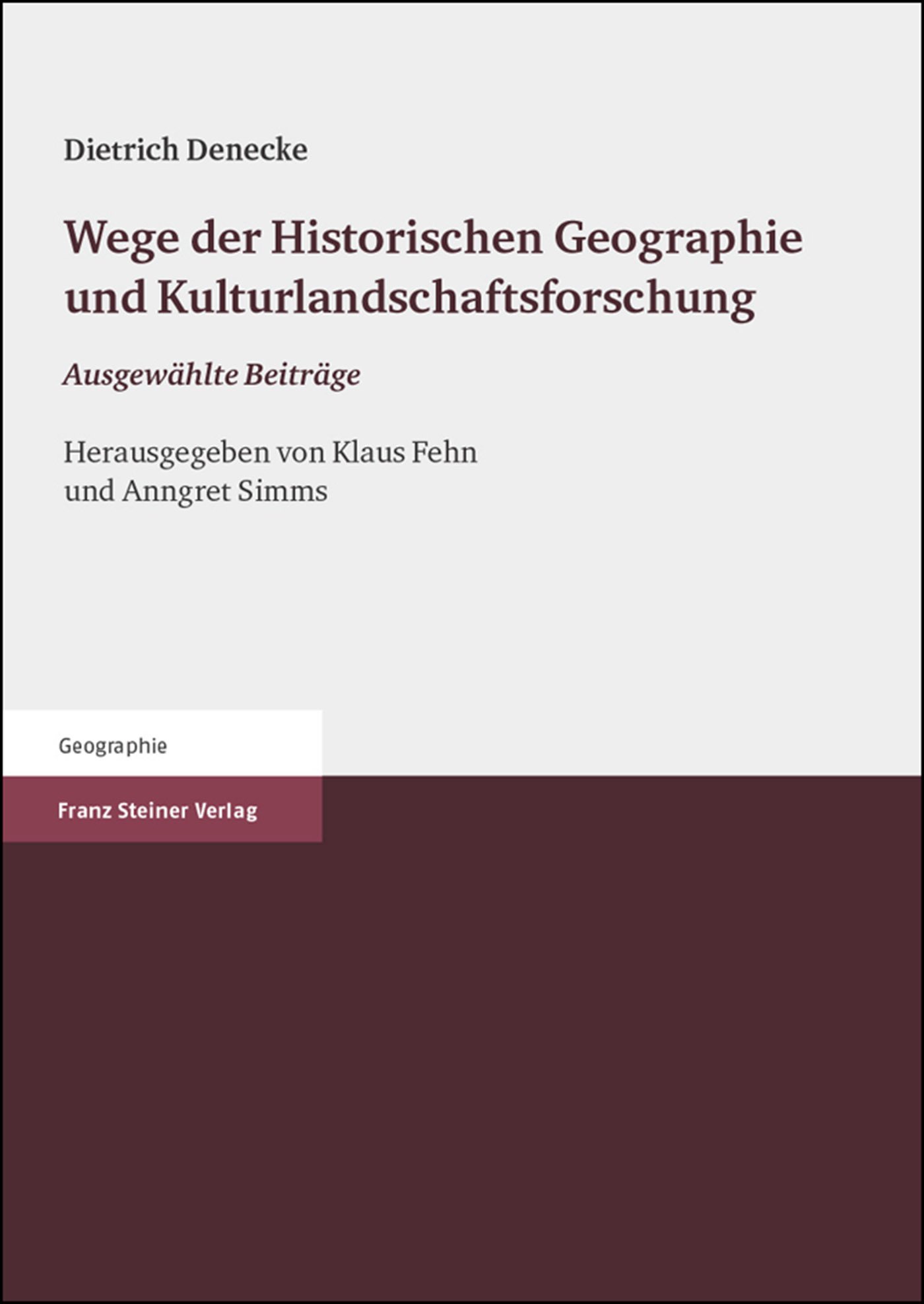Navigating Real Markets
Navigating Real Markets
In 2007 and 2008, Bangladesh was subject to a food crisis, which intensely hit the country's capital. Dhaka's food supplies were repeatedly disconnected due to floods and cyclones and world market prices for staple foods increased dramatically. In the middle of this situation, the national government launched eviction drives of numerous informal markets in Dhaka. Yet, despite of all these constraints, food traders still managed to guarantee steady supplies. Who are these traders and how did they make Dhaka's food system robust enough to avoid a catastrophe? This study concentrates on Dhaka's wholesale markets where food enters the city, and from where it flows into the urban food system.
The book offers a fresh analytic perspective for economic geography by placing emphasis on "real markets", their institutional architectures, their actors and networks, and their specific political arena. Its focus is on the resilience of Dhaka's food wholesale traders. The study demystifies megacities as synonyms for human misery and hardship – not by overlooking poverty, exclusion and vulnerability, but by highlighting people's strengths, their confidence and their capacities to cope with crisis.
"The book is not only insightful for scholars from human geography, development studies and economics, but also for practitioners in the field of social and economic development and anyone with an interest in area studies of South Asia."
Daniel Schiller, International Quarterly for Asian Studies 48, 3-4, 2017
| Reihe | Megacities and Global Change / Megastädte und globaler Wandel |
|---|---|
| Band | 19 |
| ISBN | 978-3-515-11379-3 |
| Medientyp | Buch - Kartoniert |
| Auflage | 1. |
| Copyrightjahr | 2016 |
| Verlag | Franz Steiner Verlag |
| Umfang | XV, 240 Seiten |
| Abbildungen | 33 s/w Abb., 33 s/w Tab., 12 Farbkarten |
| Format | 17,0 x 24,0 cm |
| Sprache | Englisch |
